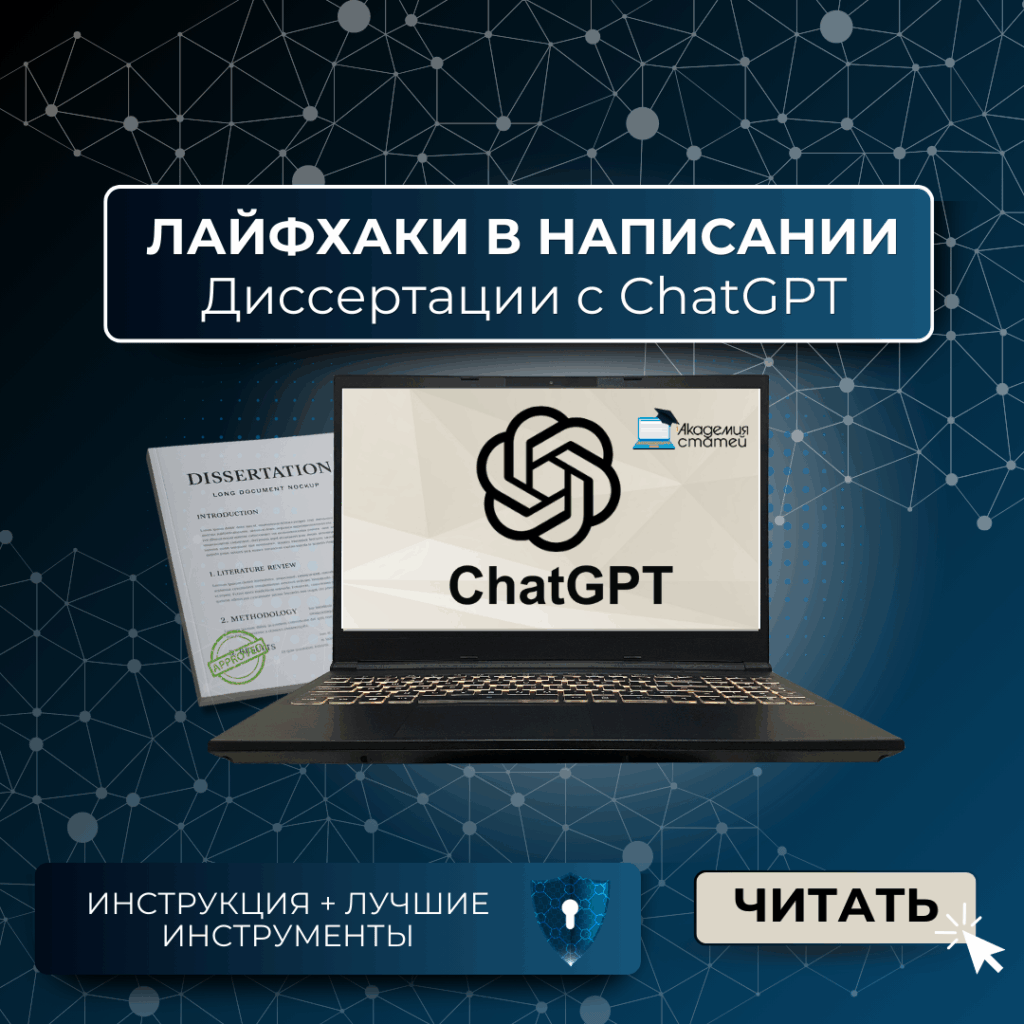Conferences are a vital aspect of the scientific community, providing scientists with the opportunity to present their research, exchange ideas, and establish new collaborations. However, not all conferences are created equal. Indexed conferences, particularly those included in Scopus or Web of Science, are highly valued and carry significant weight in the scientific community. In this article, we'll explore what scientists need to know about indexed conferences and why participating in these events is beneficial.
How does a regular online conference differ from an indexed conference?
An online conference is typically an event where researchers present and discuss their work. These events may or may not be peer-reviewed and typically have no specific submission requirements. Indexed conferences, on the other hand, are carefully selected and evaluated by prestigious organizations such as Elsevier (Scopus) or Clarivate Analytics (Web of Science). The goal of these organizations is to identify the highest-quality conferences and ensure that the content presented at these events meets the highest standards.
Abstract requirements for indexed conferences
Indexed conferences impose strict abstract submission requirements, which are typically peer-reviewed by experts in the field. Abstracts are evaluated based on their scientific merits and contribution to the field. To be included in an indexed conference, abstracts must meet the criteria established by the conference organizers and indexing organizations. This includes a clear statement of the research question, methodology, and results. Furthermore, abstracts must be well-written and formatted according to the standards of the scientific community.
Benefits of Participating in Indexed Conferences for Scientists
Participation in indexed conferences has many advantages for a scientist:
- First, presenting at an indexed conference demonstrates to the scientific community that a researcher's work is of high quality and has been evaluated by experts in the field. This can increase the visibility of the researcher's work and lead to new collaborations and opportunities.
- Secondly, indexed conferences provide researchers with the opportunity to receive feedback on their work from colleagues. This feedback can be valuable for improving the researcher's work and ensuring its high quality.
- Third, indexed conferences are displayed in the researcher's profile in Scopus/Web of Science, which makes it possible to cite these works to increase the Hirsch index.
In addition to the benefits already mentioned, participation in indexed conferences can also help enhance a scientist's CV. Including conference presentations on a CV demonstrates to potential employers, funding agencies, and colleagues that the scientist is actively involved in the scientific community and is committed to sharing their research with others. Furthermore, presenting at an indexed conference can lead to publication opportunities in high-impact journals, as conference proceedings are often indexed and can be used as a stepping stone to full-length articles.
The Role of Indexed Conferences for Scientists
Finally, indexed conferences play a vital role in advancing the state of the art in a given field. They provide a platform for researchers to share their latest results, exchange ideas, and collaborate on new projects. This exchange of knowledge and ideas can lead to new discoveries and breakthroughs, advancing the advancement of science and technology.
In conclusion, it should be noted that participation in indexed conferences included in Scopus or Web of Science is an important aspect of a scientist's career and offers numerous benefits for promoting their work and establishing a presence in the scientific community. It is important for scientists to understand the abstract submission requirements, the benefits of participating in these events, and how they can advance their careers. By doing so, scientists can maximize the impact of their work and contribute to the advancement of their field.






